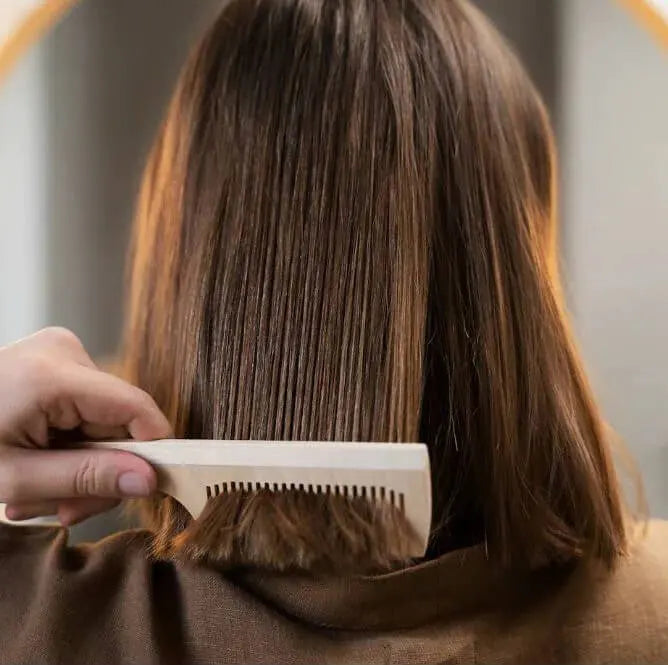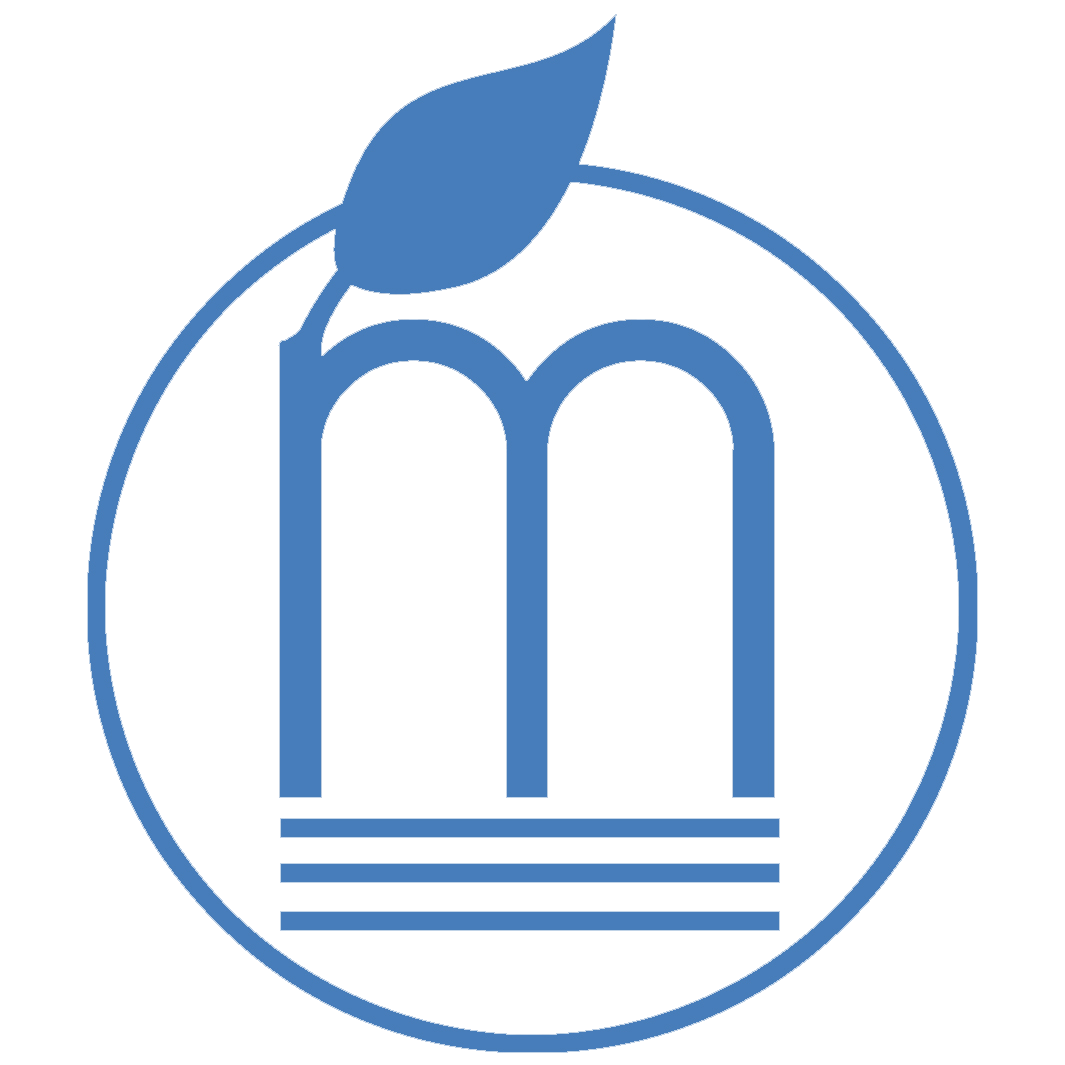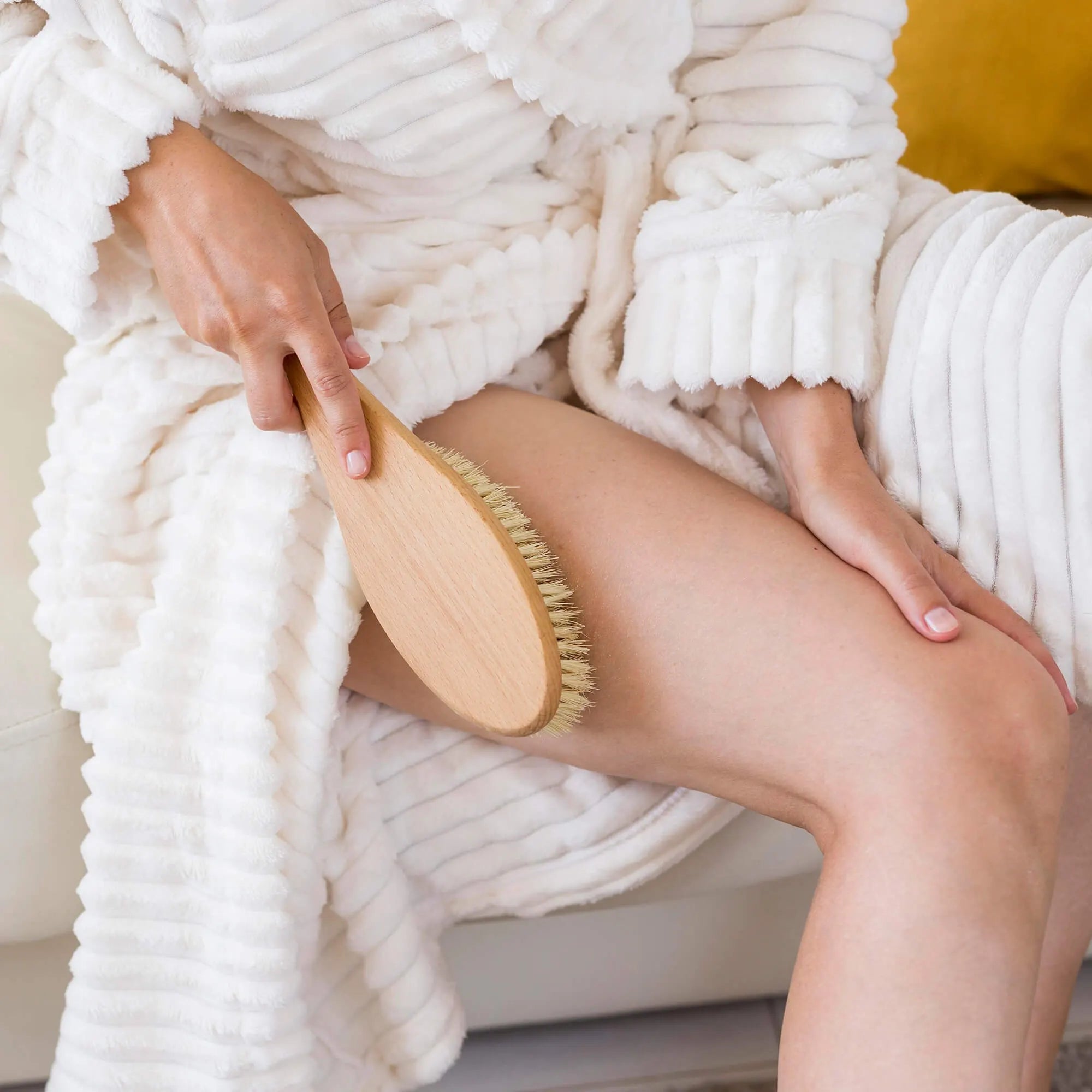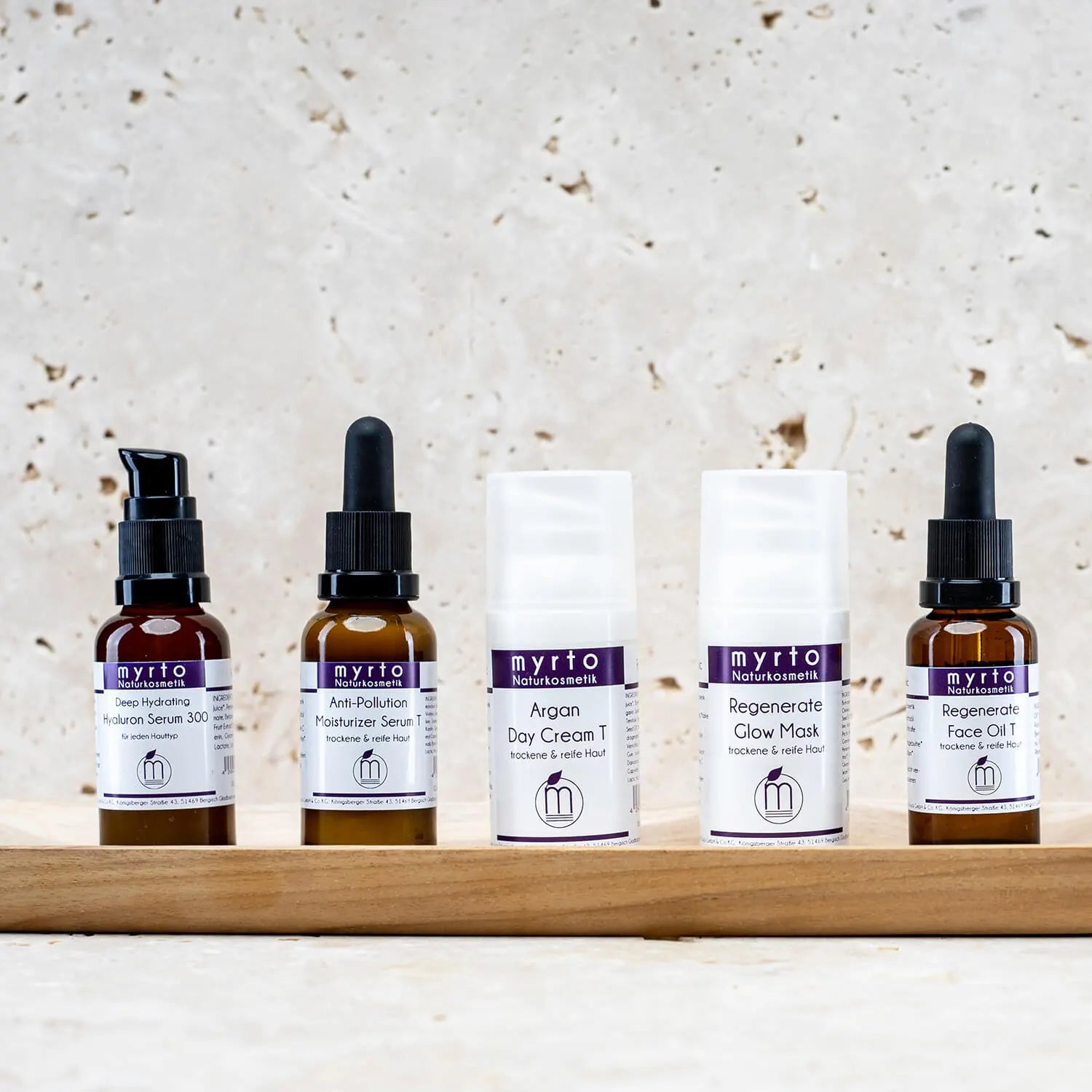
Healthy hair without silicones & quats
Silicones can still be found in many shampoos, conditioners, hair treatments and styling products. Hair care products containing silicone promise silky, shiny hair that is easy to comb. Frizz and split ends are supposed to be a thing of the past. At first, this even seems to work. Over time, however, the hair structure deteriorates more and more, the roots lie flat, styling is no longer possible and the scalp also reacts with itching and irritation.
Conventional shampoos are increasingly being advertised as "silicone-free". Instead of silicones, substitutes such as quaternium or polyquaternium compounds are used. These are cationic surfactants or liquid plastics from the group of quaternary ammonium compounds, known as quats or polyquats for short.
In this article, we will compare the advantages and disadvantages of silicones and quats. You will learn about the problems that arise when switching to mild organic shampoos without silicones or quats. We will also give you tips on how to get rid of stubborn product residues of silicones and quats that have accumulated on your hair and scalp over time.
What are silicones?
Silicones are synthetic polymers made from silicon and petroleum compounds. Despite their oily consistency, silicones are not considered oils according to the EU Cosmetics Regulation. Therefore, silicones can also be contained in products that are declared as "oil-free".
The following names on the ingredients list indicate silicones: all ingredients ending in “-cone”, “-conol”, “-xane” or “silane” such as: Dimethicone, Cyclomethicone Methicone, Polysiloxane or Cyclopentasiloxane.
What are silicones supposed to do in hair care?
Silicones aim for superficial effects. They are popular in shampoos, conditioners and styling products because of their smoothing, sealing and protective properties. Silicones form a thin film around each individual hair. They make the hair shaft supple, smooth and shiny. Silicones offer heat protection and make combing easier. But the initial appearance of healthy hair is deceptive, because in the long term silicones damage your hair and scalp.
Why are silicones harmful to hair and scalp?
Build-up effect: The silicones cover each individual hair and the scalp with an increasingly thick layer that is difficult to wash out. Silicones build up on the hair fiber and make styling difficult. Any care products can no longer penetrate the silicone layer. The hair underneath "starves": It dries out, hangs down limp and stringy.
The roots become increasingly greasy. No matter how many rinses, conditioners or hair treatments you use, it becomes increasingly difficult to achieve naturally voluminous hair styling.
The pores of the scalp become clogged with silicones, so that harmful substances can no longer be excreted from the body through the scalp.
The sebum production of the scalp is disturbed, resulting in excessive sebum production - often associated with skin irritations, itching, pimples and dandruff
Silicone Substitutes - What are Quats?
Since the harmful side effects of silicones are now better known, shampoos are increasingly being offered that are advertised as "silicone-free". Conventional shampoos increasingly contain quaternary ammonium compounds, or quats for short, as silicone substitutes. Quats are chemical compounds based on the alkylation of ammonia or amines and are made from petrochemical precursors. Like silicones, they prevent static electricity in the hair and frizz. Quats also form a film on the hair and scalp. They smooth the rough surface of the damaged hair fiber, making the hair soft, supple and easy to comb.
Typical INCI names for quats in hair care products are: Behentrimonium Chloride, Cetrimonium Chloride, Cetrimonium Chloride or polyquaternium compounds (e.g. Polyquaternium-7, Polyquaternium-10)
Are quats better than silicones in hair care?
Even if quats are supposed to be a seemingly "better" alternative to silicones, both have not only similar care properties, but also comparable disadvantages and damaging long-term effects. While quats, like silicones, settle on the hair and lead to a build-up effect, quats seal the scalp and hair fibers somewhat less strongly and are also somewhat easier to wash out than silicones.
Silicones and quats are hardly biodegradable in the environment. They harm sensitive aquatic organisms and accumulate as pollutants in bodies of water and groundwater. Even in sewage treatment plants, silicones cannot be filtered out.
Quats also accumulate in the cell membranes of living organisms and can impair the function of the cell membrane. Quaternary ammonium compounds are also considered to be skin irritants and can trigger allergies. Due to their disinfectant effect, quats are listed as biocides.
What problems are there when switching to mild organic shampoos without silicones or quats?
If you decide to switch from shampoos containing silicone or quat to mild organic shampoos, you may initially experience some problems as your hair and scalp adjust to the changed ingredients and gentler care. These are some of the most common problems when switching:
-
Dry or brittle hair: Shampoos containing silicone and quats form a smooth protective layer around the hair, making it appear shiny and smooth. If you switch to silicone-free shampoos, the silicone layer is gradually removed. The hair then initially appears dry or brittle, as the actual condition of the damaged hair fiber becomes visible during this phase.
-
Lack of shine and frizz : Without the purely optical smoothing effect of silicones, hair no longer looks shiny, but instead dull. Frizz can also occur, especially if the hair is naturally dry or frizzy.
-
Difficulty combing : Silicone-free organic shampoos do not offer the same "slippery" texture that silicone-containing products offer for easy combing. Therefore, the hair is often difficult to comb at first, which can lead to knots or tangles.
-
Greasy hairline and quickly greasy scalp: It can happen that the scalp becomes greasy more quickly after switching. This is because products containing silicone often seal the scalp, while mild organic shampoos do not block the natural sebum production.
-
Oily hairline and oily scalp : It can happen that the scalp becomes oily more quickly after switching. This is because products containing silicone often seal the scalp, while mild organic shampoos do not block the natural sebum production.
-
Dandruff or irritated scalp: Switching to silicone-free care can sometimes lead to dandruff or an irritated scalp in the short term because the scalp reacts to the gentler cleansing.
Our tips on how to get rid of stubborn silicones and quats

-
Deep cleansing shampoo: The Purifying Free Bio Shampoo for mild deep cleansing helps to thoroughly remove silicone and product residues.
-
Additional care products: Use a silicone-free and quat-free Bio Repair Conditioner or the antistatic Bio Hair Oil to combat dryness and frizz.
-
Hair mask for severely damaged hair: The moisturizing organic pomegranate hair mask provides severely damaged hair with additional moisture and regenerating care ingredients during the transition phase. Be careful with fine hair, however, as the hair mask can weigh down fine hair!
-
Patience: It often takes several weeks, sometimes even months, for your hair and scalp to get used to the new care, as many silicones or QACs are hardly water-soluble. During this transition period, your hair may appear unruly, unruly or flat until old residues of silicones, quats and other chemicals are removed and your hair grows back visibly healthy.
At myrto, we of course do not use silicones or chemical silicone substitutes such as quats. Instead, we only use natural alternatives from plant-based, sustainable sources. As a natural cosmetic alternative to silicones, we use in our organic shampoos , conditioners and styling products on innovative palm oil-free conditioners made from proteins, plant oils and extracts. This not only gives us short-term effects, but also a long-term, nourishing and protective effect for hair and scalp.
With our tips and, above all, with a lot of patience, you can be confident that your switch will be successful. Your hair and scalp will definitely benefit from switching to an organic shampoo with purely natural, skin-friendly ingredients without unnecessary additives or chemicals. After a sometimes somewhat stressful transition phase, you will be even happier with increasingly strong, healthy, naturally shiny hair and a balanced scalp.




